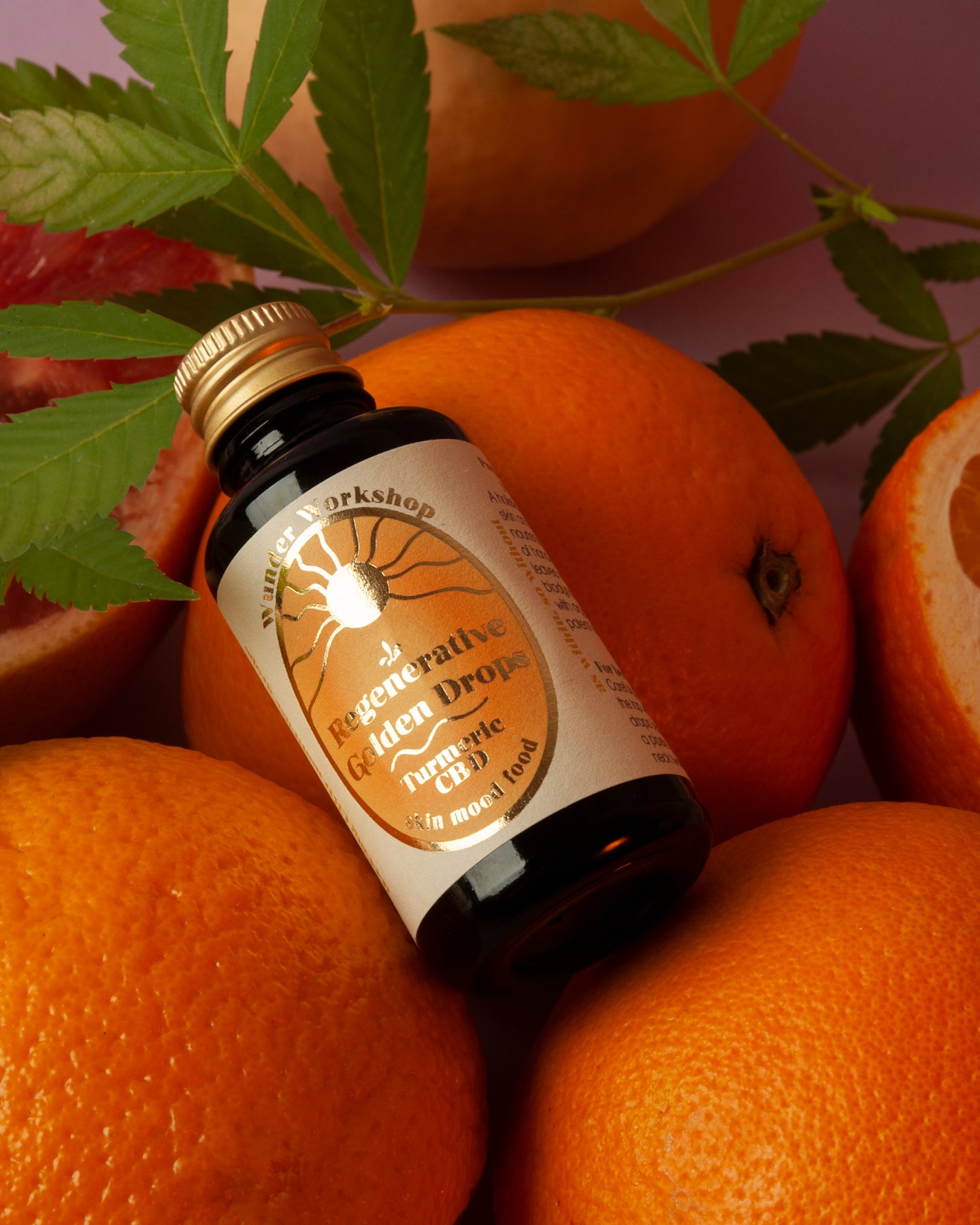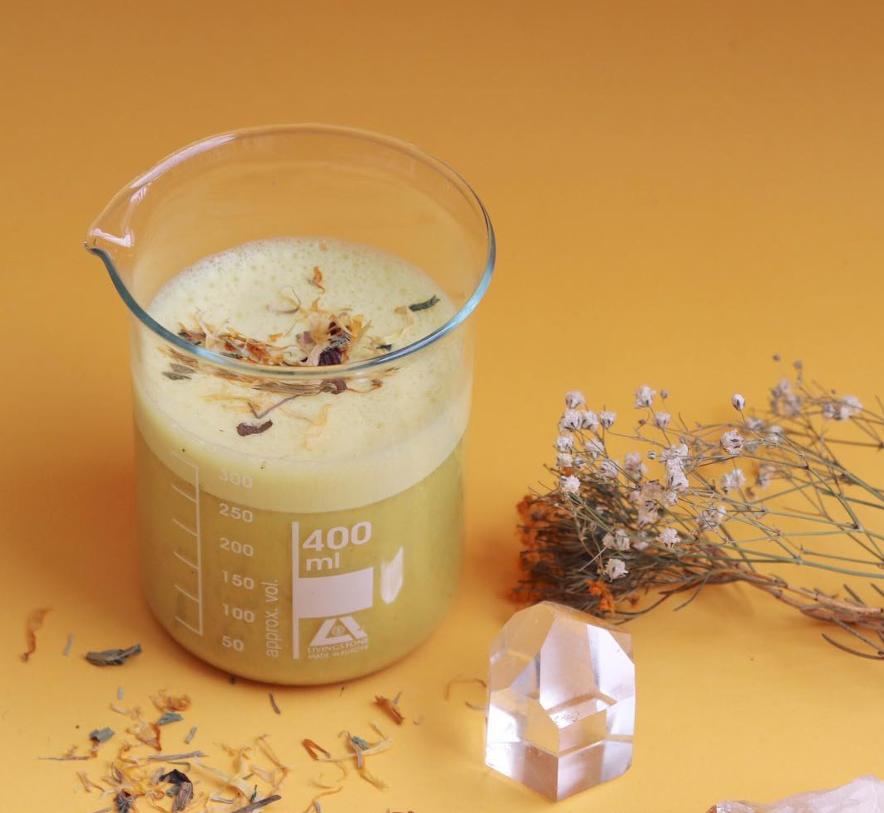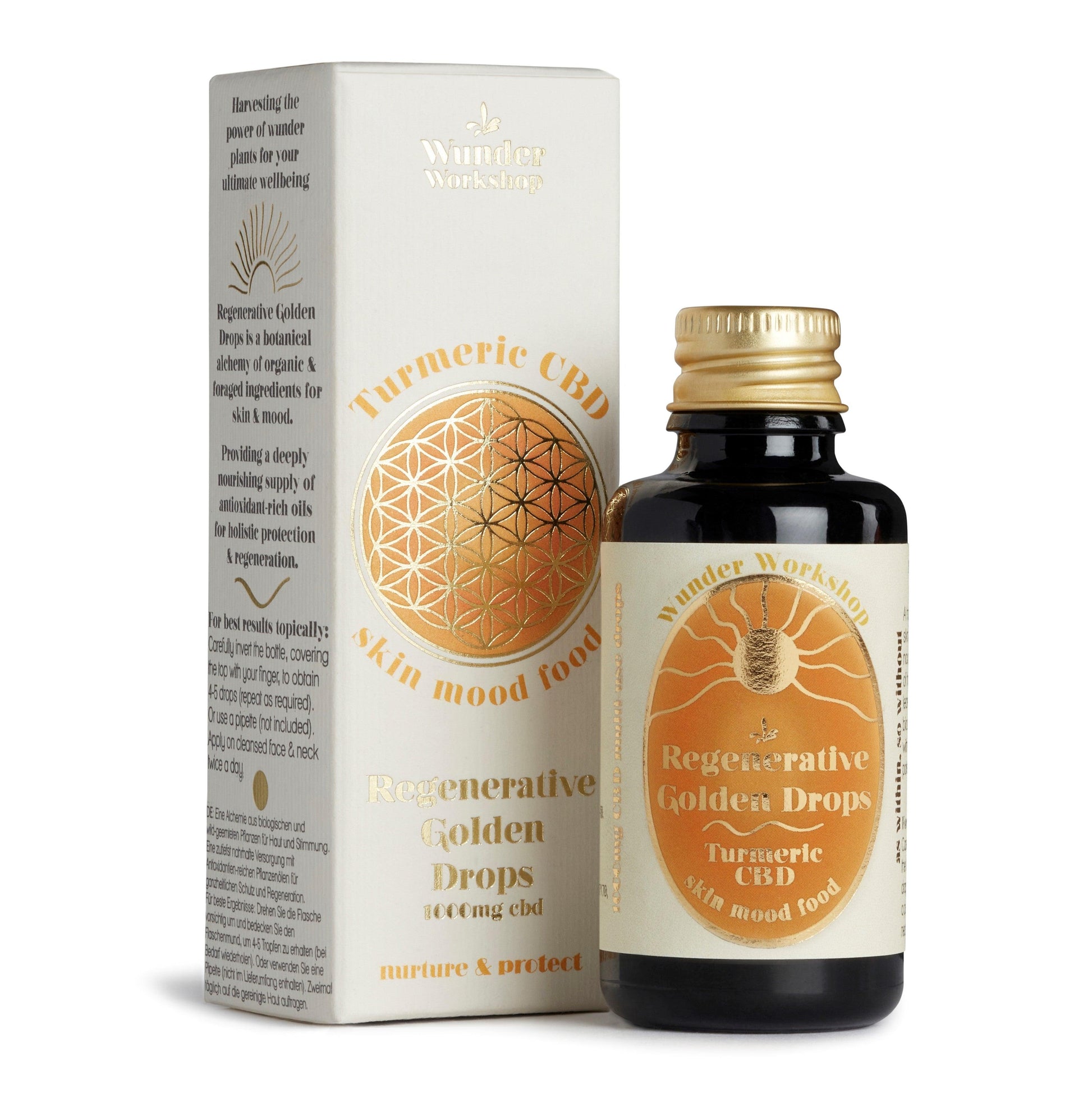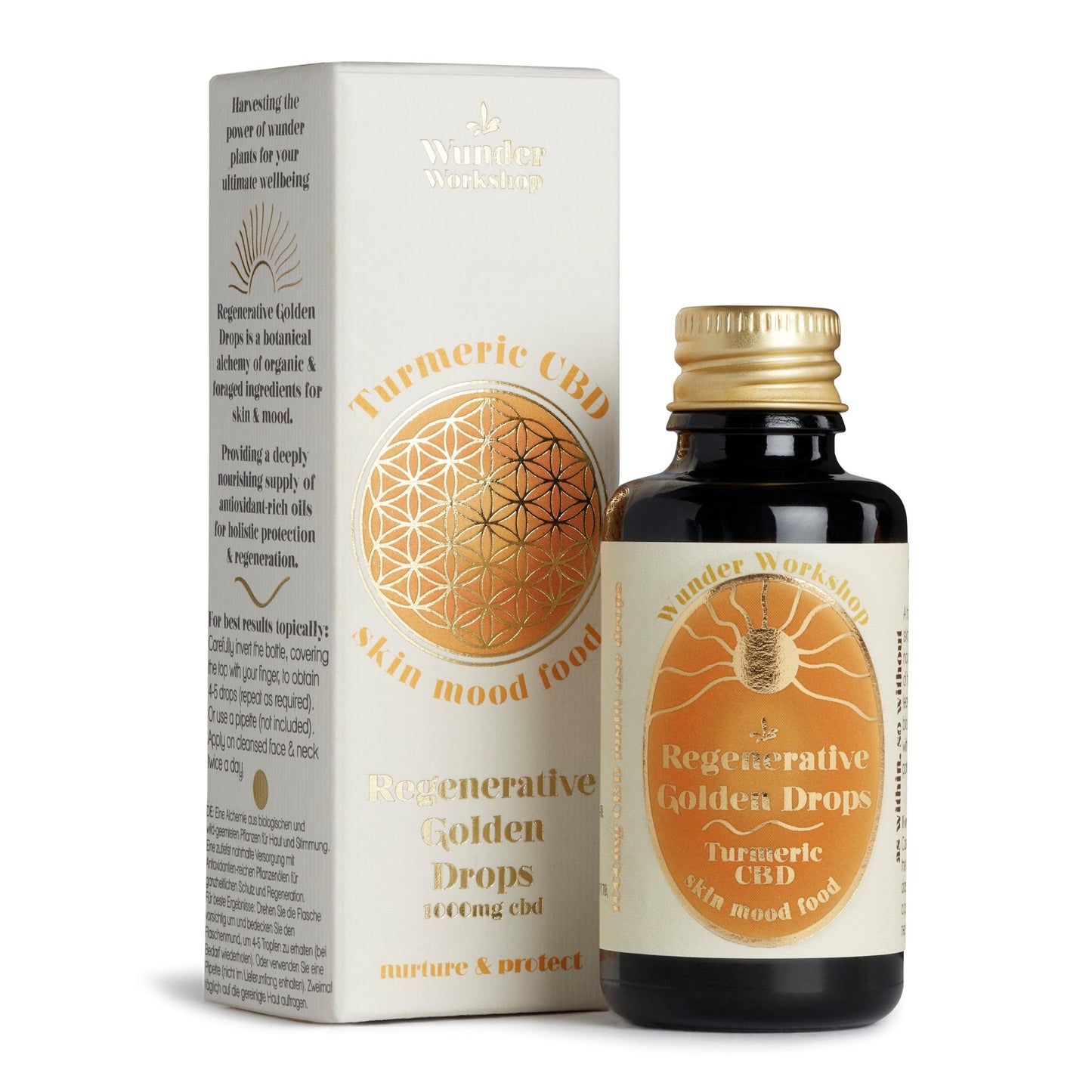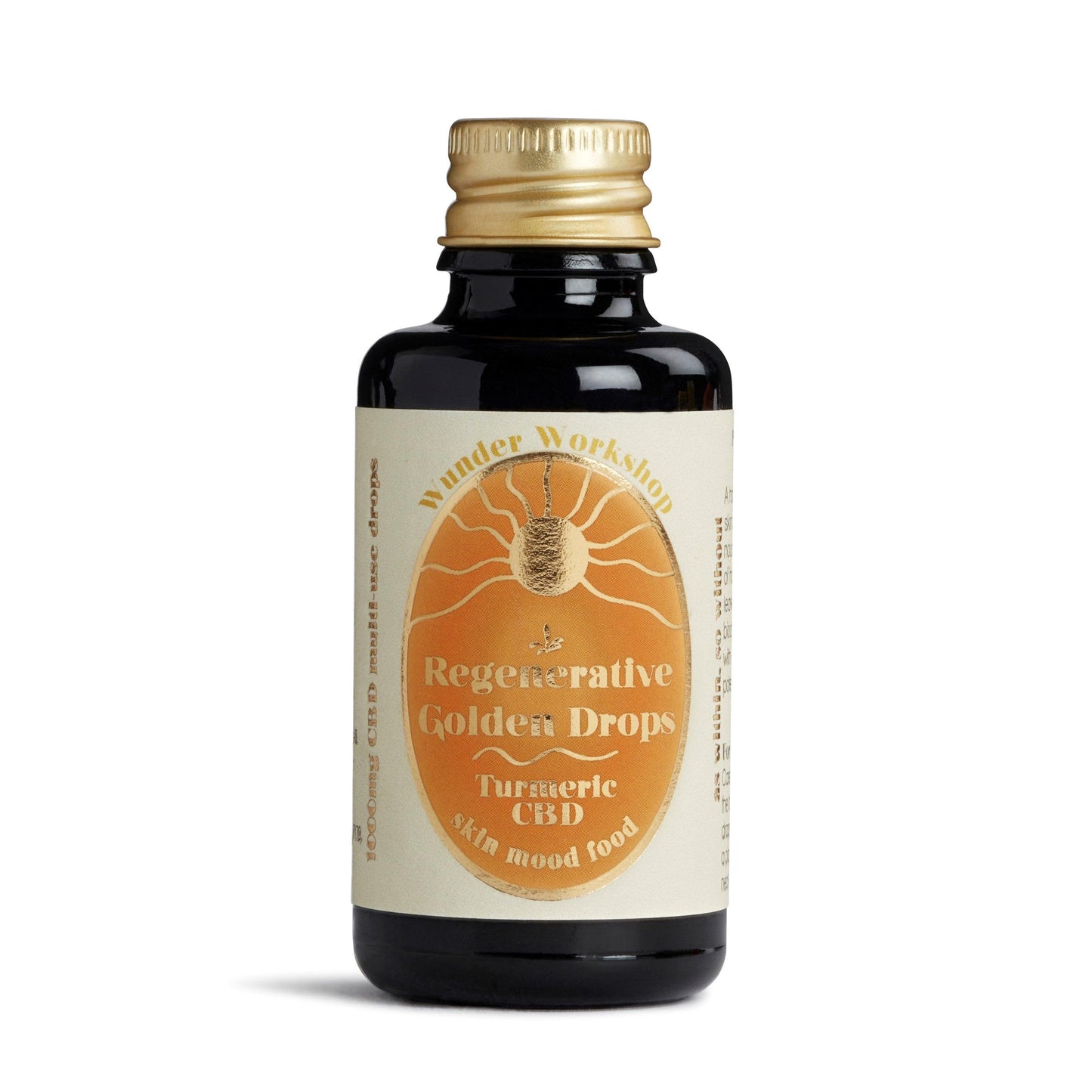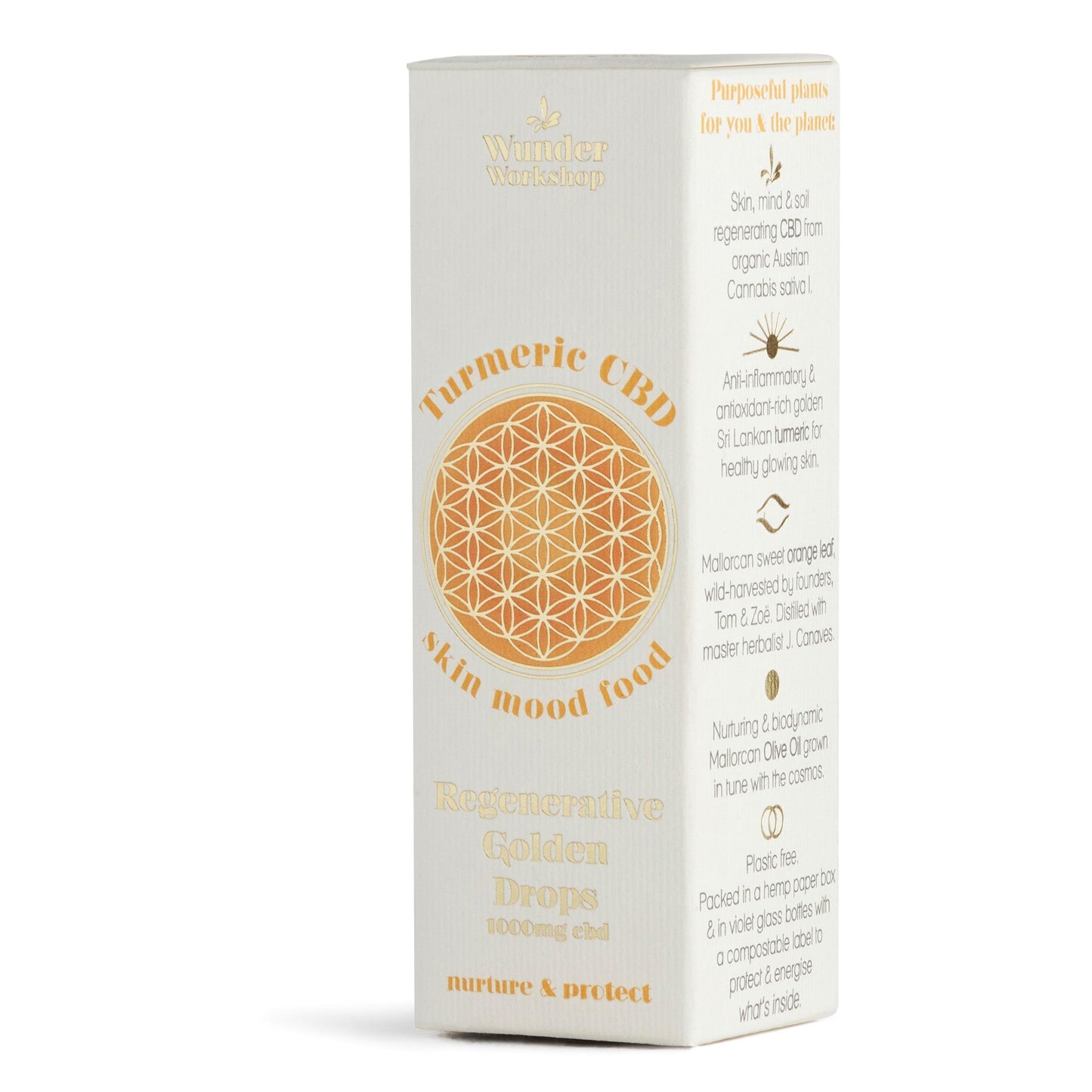We talk a lot about turmeric. It was, of course, our main focus when we started Wunder Workshop and therefore we've done a lot of research into the health properties and traditional uses of this super spice. This non-exhaustive list just gives a glimpse of how powerful turmeric is and how it should be a staple in every diet.
Turmeric is a spice commonly used in South Asian and Middle Eastern cooking. It is made from the root of the Curcuma longa plant and has a warm, bitter taste and a bright yellow color. Turmeric has been used for centuries in traditional medicine to treat a variety of ailments. In recent years, research has been conducted to examine the potential health benefits of consuming turmeric on a daily basis. Whilst a lot of this research uses extracts in attempts to privatise and control ownership of specific health claims, at Wunder Workshop we believe in the power of nature and its ability to support us, which is why we use whole, organic turmeric powder and full-spectrum extracts of turmeric in our products.
One of the main active ingredients in turmeric is curcumin, a compound with powerful anti-inflammatory properties. Inflammation is a normal immune response to injury or infection, but chronic inflammation can contribute to the development of various diseases, including heart disease, cancer, and Alzheimer's disease. Curcumin has been shown to reduce inflammation in the body and may be effective in reducing the risk or severity of these conditions.
Turmeric may also have antioxidant properties. Antioxidants are substances that help protect cells from damage caused by free radicals, which are unstable molecules that can damage cell membranes and DNA. This damage can contribute to the development of chronic diseases. By neutralizing free radicals, antioxidants can help reduce the risk of these diseases.

Turmeric may also have potential benefits for brain health. Some research suggests that curcumin may help improve memory and cognition in people with Alzheimer's disease and other forms of dementia. Curcumin may also have the ability to increase the levels of brain-derived neurotrophic factor (BDNF), a protein that plays a role in the growth, maturation, and survival of neurons.
Turmeric may also have potential benefits for the digestive system. It has been used traditionally to help with digestion and reduce bloating and gas. Some research suggests that turmeric may help reduce the severity of irritable bowel syndrome (IBS) and other digestive disorders.
Turmeric may also have potential benefits for the skin. It has been used traditionally to help with various skin conditions, including wounds, acne, and eczema. Some research suggests that turmeric may have anti-aging effects on the skin and may be effective in reducing the appearance of wrinkles.
There are many ways to incorporate turmeric into your diet. One of the most common is to use it as a spice in cooking. Turmeric can be added to a variety of dishes, including curries, rice dishes, and soups. It is also consumed in drinks such as Golden Mylk, in herbal infusions containing turmeric and through a variety of skincare products.
One of the most important requirements when supplementing or using turmeric in cooking is to improve its bioavailability by combining it with heat, fat and black pepper - as many of the beneficial compounds in turmeric are large, complex proteins they have trouble being absorbed into the blood. Using the three forementioned combinations improves the biovailability of turmeric. Heat and fat increase the speed of absorption in the gut and fat helps to increase the time - increasing the chance of absorption. Black pepper contains a molecule known as piperine which has been shown to increase bioavailability by up to 2000%.
In summary, consuming turmeric daily may have potential health benefits, including reducing inflammation, improving brain function, aiding in digestion, and improving skin health.
If you have any questions about turmeric and supplementing this alongside medications or for specific health concerns, please speak with your medical practitioner.




